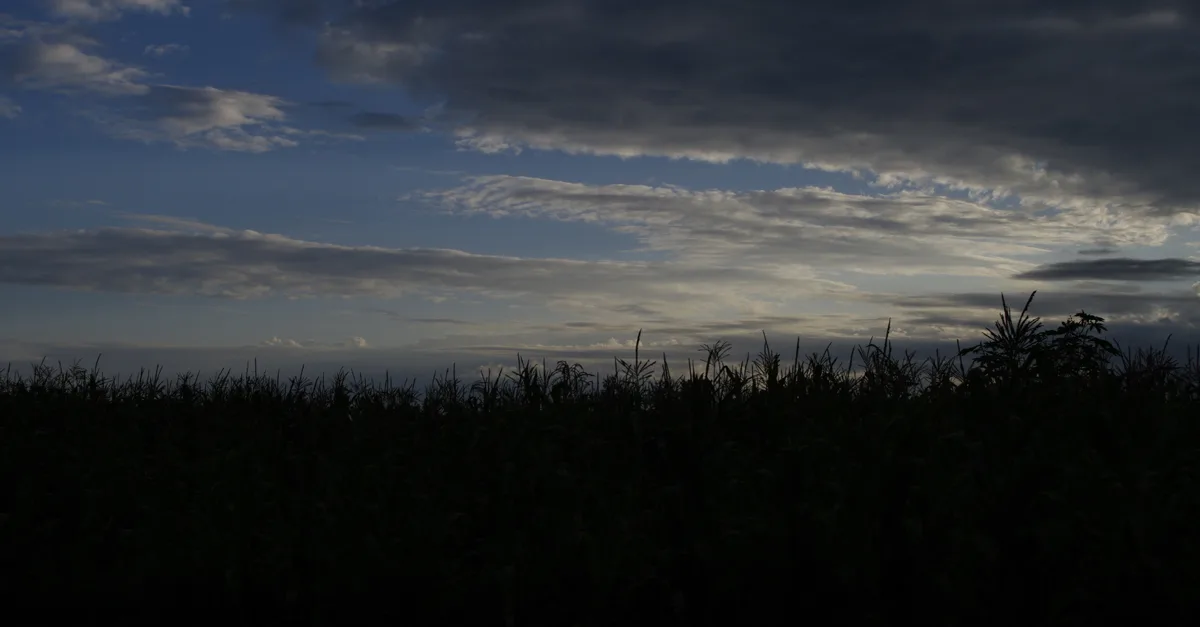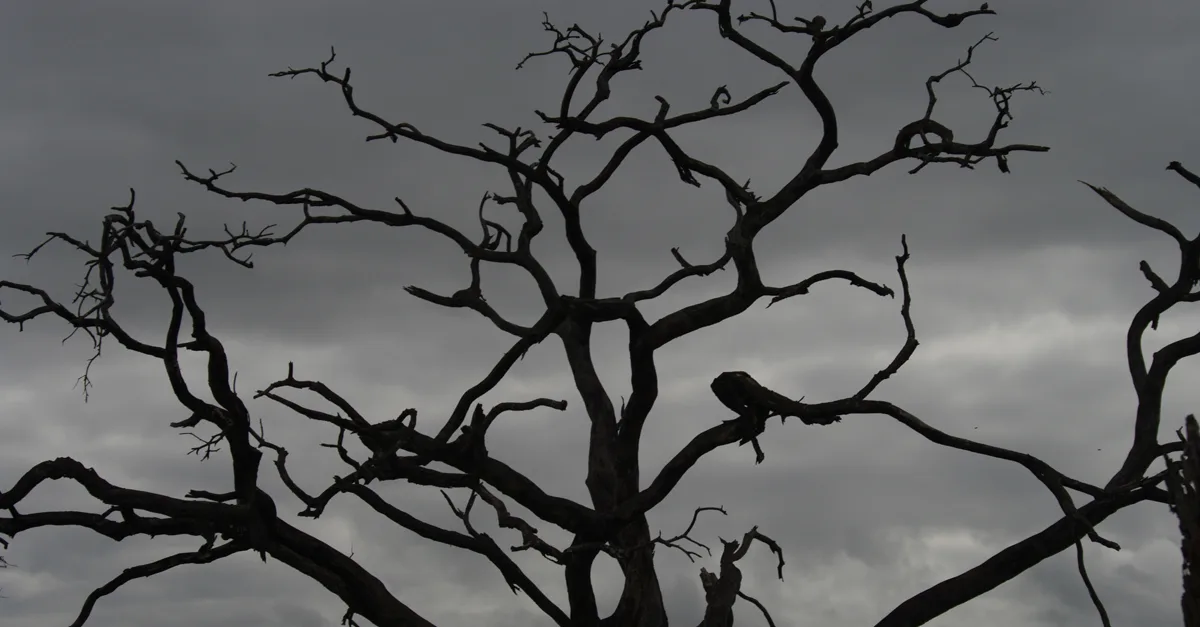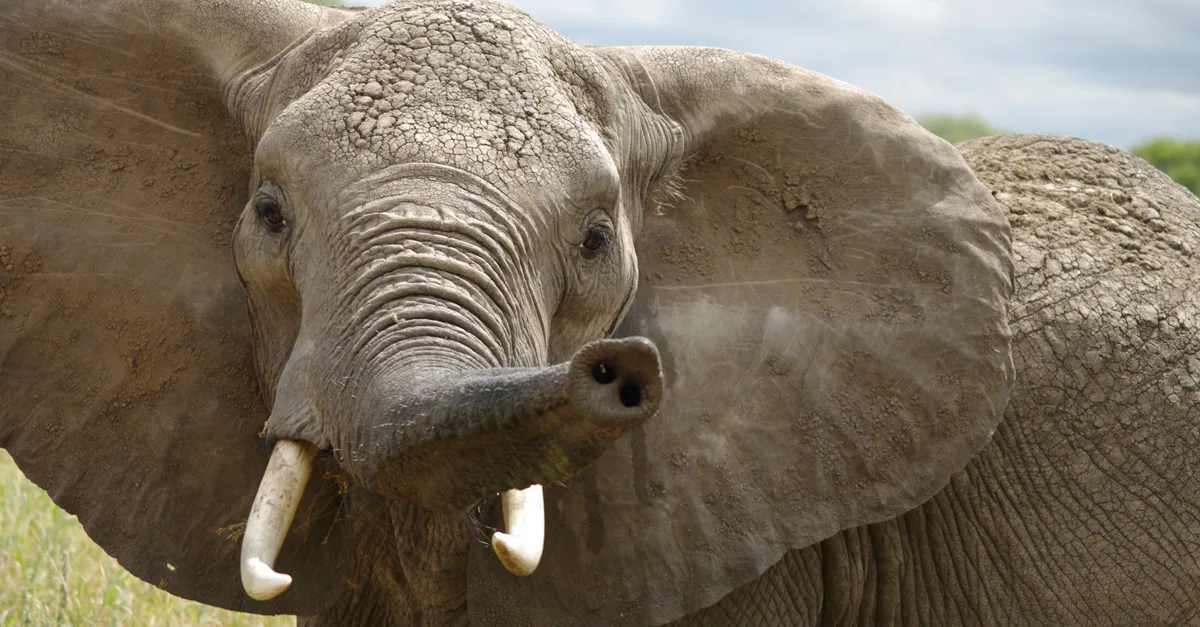Our First Week in Tanzania
I awake enclosed in netting, the unfamiliar banda temporarily disorienting. In Rhotia, the sun has not yet begun its ascent, and I’m greeted by the local mosque’s morning call to prayer. It is dark, and as I leave my room I remember to grab my headlamp in order to avoid the venomous spitting cobras that have been spotted near camp. With dawn comes a heavy mist that silhouettes the trees in an eerie halo. On our morning run, the red earth cakes our shoes, and I’m momentarily awed by the sight of my surroundings. Corn, sugarcane and sunflowers are abundant, reaching tall and expectant toward the mercurial sky, while goats and cows amble unsupervised across the paths and through grassy fields. Statuesque mountains encircle our camp, standing quietly in the distance, and lush vegetation extends as far as the eye can see.


Our first lectures occur in the classroom, more than 30 jet-lagged students exhausted from travel searching for enough chairs in the small room. The professors are all experts in fields that are exciting to each of us, and I am engaged throughout by their knowledge of wildlife and conservation. I’m surrounded by students who share my passion for environmental issues, wildlife, and ecology. On our field lectures, I can see the joy in my colleagues’ faces; it creeps up on them from the edges of their smiles and permeates throughout the group.
During our first week in Tanzania, we learn more than I could have ever imagined. We study behavior of olive baboons, practice mammal identification at Manyara National Park, learn about various local sustainability efforts, practice bird identification, experience in-class and traveling lectures, hike to elephant cave, and visit a coffee farm. On our first visit to Manyara National Park, my heart leaps into my throat at the sight of three elephants; it resides there for the rest of the day, the appearance of wild elephants giving life to my dreams of working in wildlife management.

As we finish up our first graded assignment on activity patterns and feeding habitats of olive baboons, we look forward to visiting Tarangire National Park, where we will complete a field exercise on behavior of African elephants. In the next few weeks, we will continue to experience the unique challenges and achievements that come with a program like this, and I am excited to learn what new adventures we will encounter.
Related Posts

Camila Rojas: Alumni Spotlight⭐

